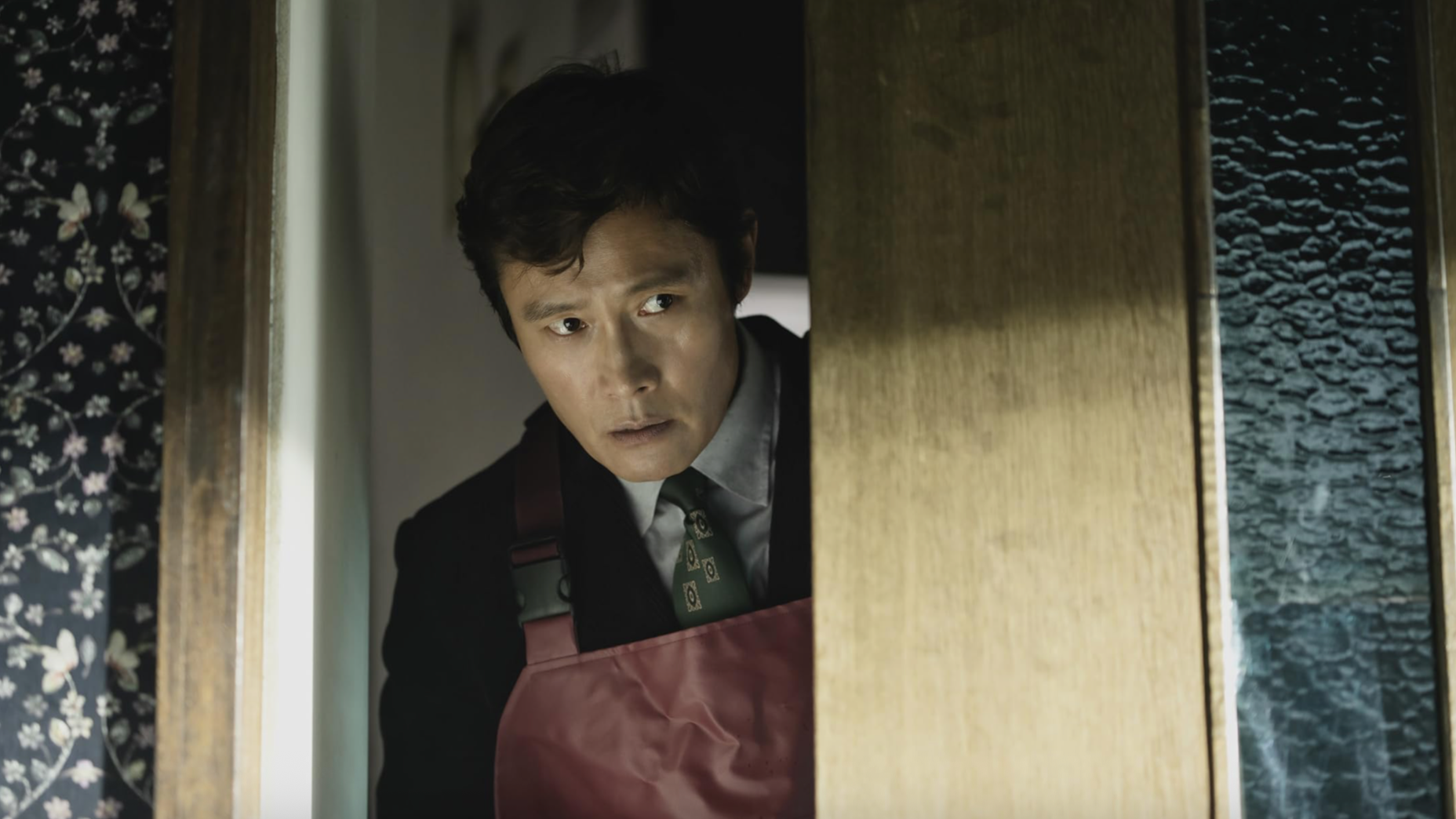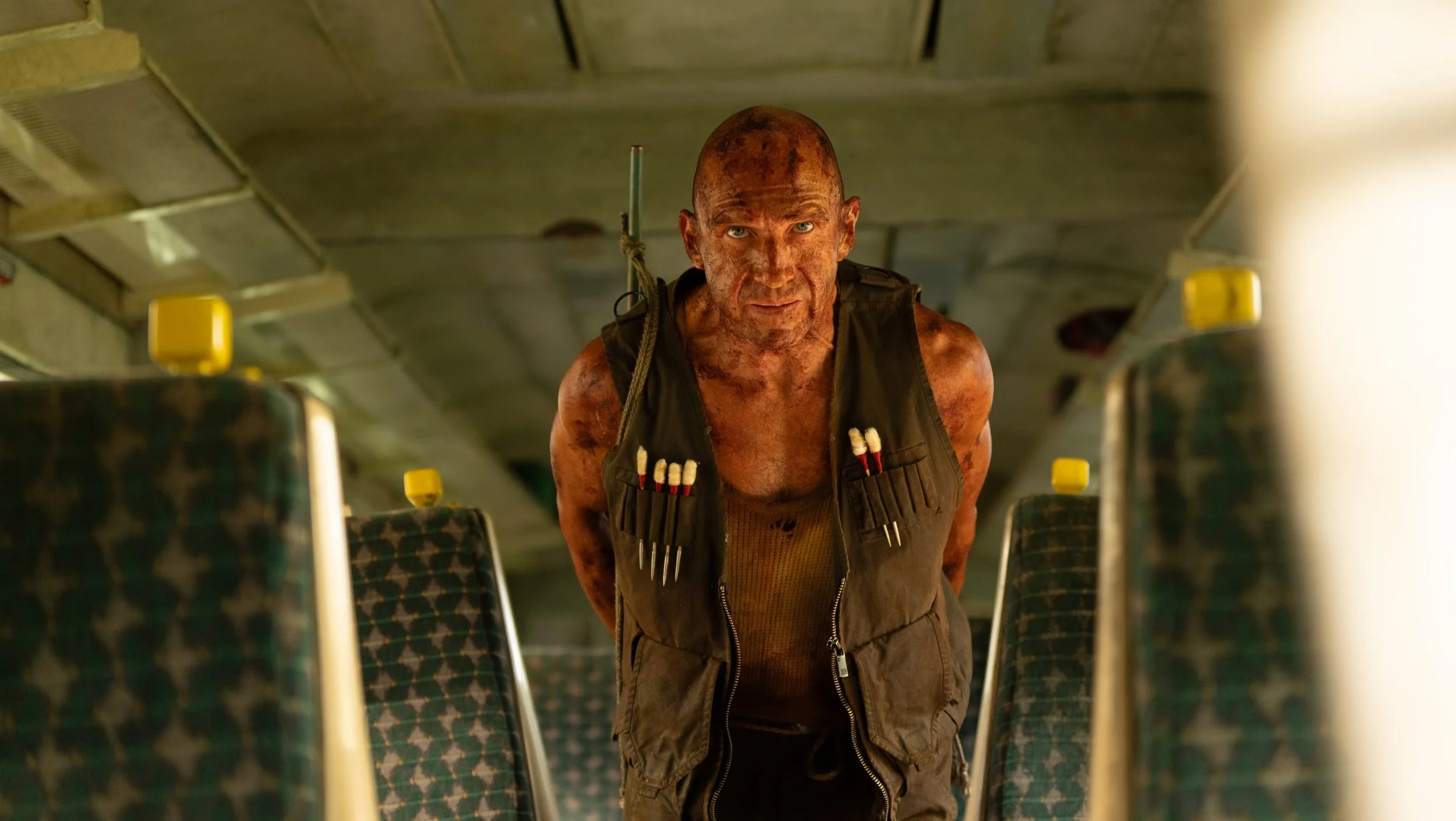REVIEWS
No Other Choice is a plot that requires eccentricity, suspense, and a hint of melodrama that the actors organically delivered. They were shameless in bringing out the quirks of the story through their respective characters, resulting in this spectacle of a crazy film.
Between sweeping wide shots of rolling green hills to a close-up on creative and awe-inspiring wounds and practical effects makeup, The Bone Temple is truly a visual treat for nature and horror enthusiasts alike.
Avatar is a franchise that brings cinema back to its origins. It is a spectacle. We sit in awe in our seats, captivated for over three hours by its technical prodigy.
INTERVIEWS
Through tight acting, eerily realistic practical effects, and a suspenseful climax, the film is a graphic depiction of the dangers plastic poses even more now that it’s inside of us. We sat with Director Guy Trevellyan and Actress Anna Popplewell to discuss these themes.
With decisive visuals, fantastic performances, and a genre-defying story, The Things You Kill is a brilliant dissection of masculinity, patriarchal inheritance, and cyclical violence. We had a chance to sit down with the writer-director to untangle the film’s themes and explore how his background as a self-described man between nations contributed to their development.
Deadly Vows (2025) by Jared Cohn follows Darya and Sam in a psychological thriller inspired by true events. With a story of survival, resilience, and wit, we sat down with co-stars Shiva Negar and Peter Facinelli to hear about the message of the film and how they prepared to tell such a harrowing story.
ESSAYS
While tons of people tuned in for a fun time (and it has been a fantastically fun time), many also walked away awed by the show’s production and execution, cementing its position higher up the scale of what’s considered premium television and storytelling.
It might seem paradoxical to talk about the visual aspect of a band’s music, but if Twenty One Pilots are famous for one thing, it’s being an exception to the norm.
Frowned upon by big studios today because of the time and money it takes to create them, model miniatures are the pinnacle of fictional cinema.









